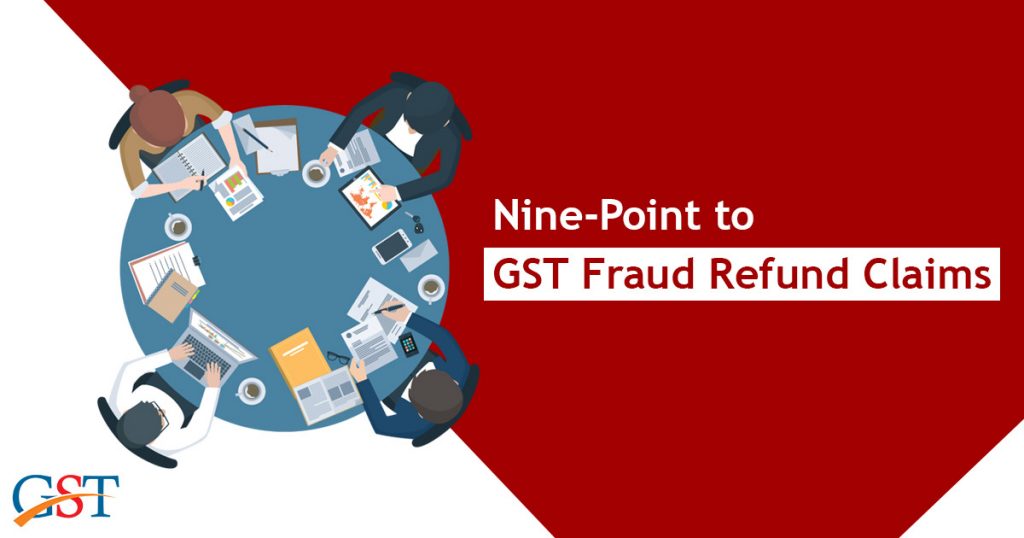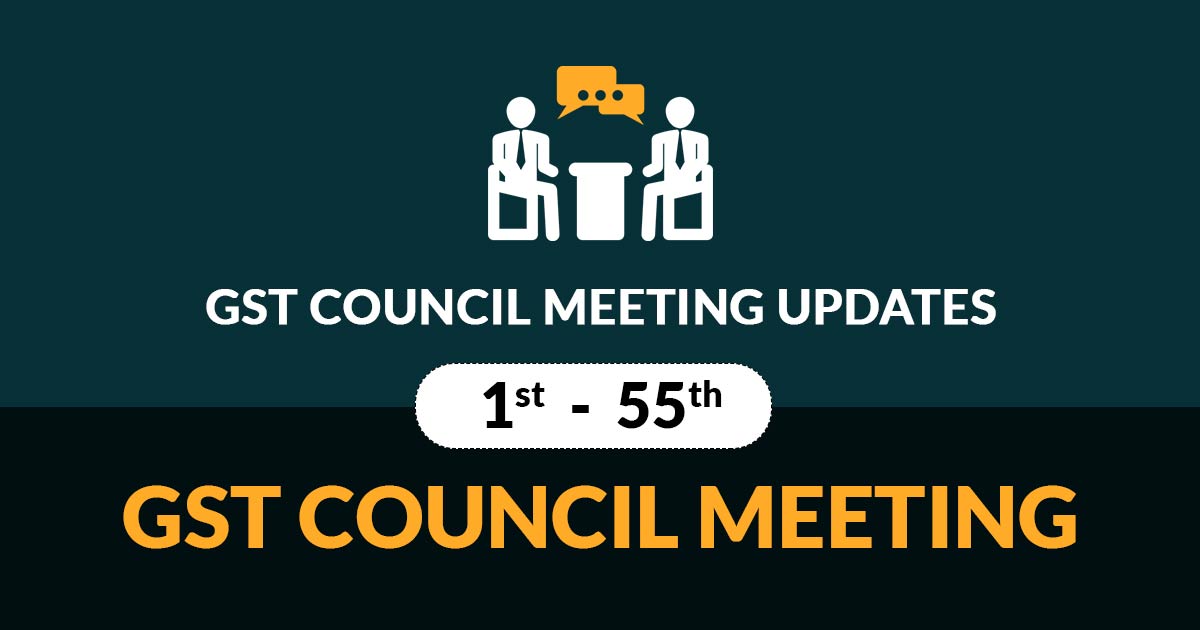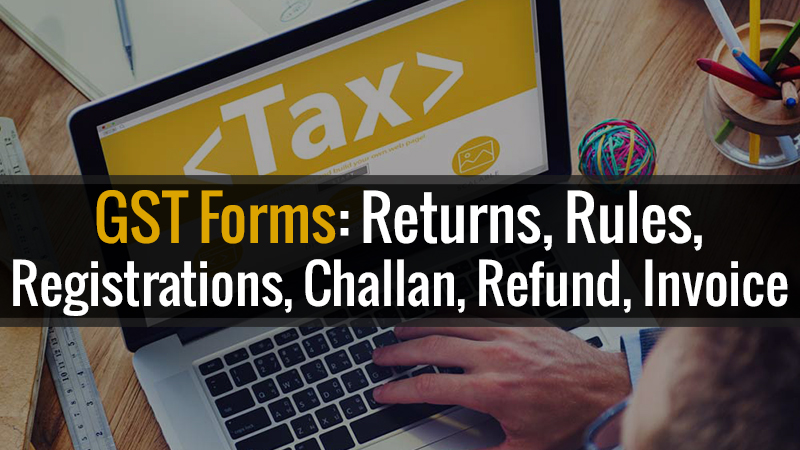
State and Central GST chief commissioners finalized a nine-point plan to nose-dive the revenue leakages under the goods and services tax mechanism, in a meeting that was held on Tuesday under the chairmanship of revenue secretary Ajay Bhushan Pandey.
This action plan will include a standard procedure formulated by Centre and State level tax officials to detect and obstruct the fraudulent acts to claim false refunds.
“The committee of Centre & state officers will come out with a detailed standard operating procedure within a week, which may be implemented across the country by January-end,” expressed by GST council meeting 
The panel will invent an on-the-button method to stumble on and apply quick methods to prevent fraudulent refund claims. One such method can be linking foreign exchange remittances with IGST refunds or creating a single bank account for both the purposes to monitor the bogus claims for new or tricky exporters.
“Linking foreign exchange remittances with integrated GST refunds 
Besides, the statement also laid stress on the quarterly sharing of data by the GST Network, Central Board of Indirect Taxes and Customs and Central Board of Direct Taxes so that fraud cases can be spotted and stopped at the initial levels only.
“A memorandum of understanding will be signed by the agencies. This will ultimately lead to increased revenue collections and at the same time ensure that genuine taxpayers are not harassed,” an official stated.
CBDT and CBIC will share the data of tax evasion and fraudulent cases and will jointly study and resolve the same.
Further, a GST system that will allow access to banking activities & details including the account details will also be developed after discussing the same with the National Payments Council of India and the Reserve Bank of India. This GST system will be lined up with the Financial Intelligence Unit so that bank account details, transaction details, and PAN-based banking transaction details can be achieved directly.
And also, there will be amendments in the GSTR Forms 
According to the tax experts, measures proposed should be duly & cautiously exercised.”While these measures cannot be questioned, it needs to be ensured that these are implemented well on the ground, not leading to harassment for taxpayers,” stated Pratik Jain, indirect taxes leader, PwC.
He also unlined the need for the tax industry to pay high-attention and confirm that enough control is put in practice on vendor’s adherence to legal rules, which would also be required once the e-invoicing becomes mandatory.









